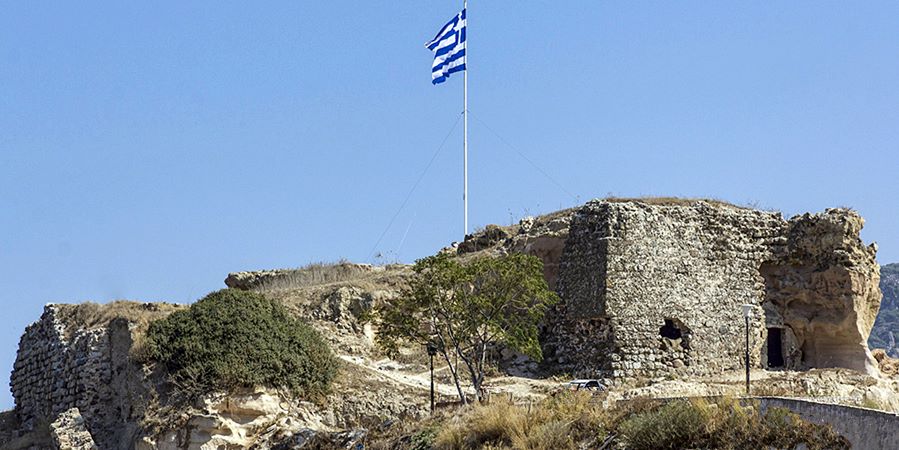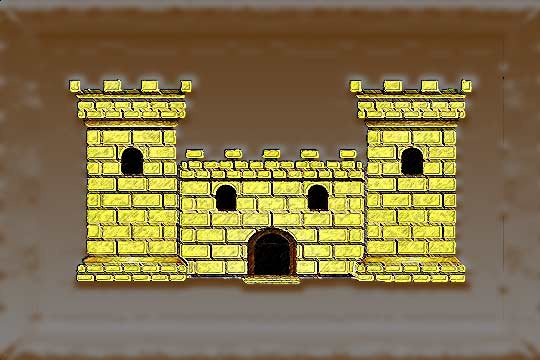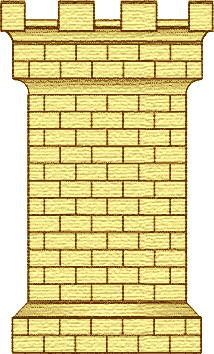Kefalos, Kos, Dodecanese,South Aegean
Castle of Kefalos
| Location: |
| On a hill at the eastern side of the village Kefalos in SW coast of Kos island |
| Region > Prefecture: |  |
| South Aegean Dodecanese | |
| Municipality > Town: | |
| City of Kos • Kefalos | |
| Altitude: | |
| Elevation ≈ 90 m |
| Time of Construction | Origin | |
| 14th cent. | IOANNITE |
|
| Castle Type | Condition | |
| Castle |
Rather Poor
|
A castle in the SW side of Kos island, on top of a rocky hill to the east of the village of the same name.
History
The castle is first mentioned in 1271 in a byzantine decision settling a dispute with the monastery of Patmos. That means that the castle existed already in the middle-byzantine period. After the conquest of the island of Kos by the Knights of the Order of St John (1315), the castle remained in use (as “Fortezza di Chiffalo”) and most probably its fortification was upgraded and reinforced.
An Ottoman raid of 1457 failed to take the castle, where the local inhabitants had taken refuge which shows it was strong enough to withstand a powerful attack. In 1461, after successive raids, the Knights were considering to transfer the population of Kos to Rhodes; among the castles which would have been abandoned was the castle of Kefalos.
The castle was severely damaged in the 1493 earthquake and repaired the following year. In 1505, when another Turkish raid was imminent, the order was given to abandon the castle because it was judged inadequate.
The Ottoman admiral Piri Reis mentions Kefalos (1526) as the third castle of Kos.
The Ottomans conquered Kos in 1522 and used the castle as military camp.
Structure, Fortification & Buildings
It is situated on the SW side of the island on a hill. The defences must have included a simple defensive enclosure with vertical walls, of which today only a section survives. To the east of the enclosure stood a smaller polygonal fortification, apparently self-contained. A section of wall 20 meters long oriented NW-SE still survives, which extends southwards for a further 5 meters.
The height of the wall on the outside is remarkable, but is a rather feeble structure. A water cistern still exists within the castle.
| First entry in Kastrologos: | March 2013 |
Sources
- Website ΟΔΥΣΣΕΥΣ - Greek Ministry of Culture Kefalos Castle
- N. Kontogiannis, “Medieval Castles and Fortifications of Kos [in Greek with english synopsis]”, Athens 2002, available also online
|
|
| Access |
|---|
| Approach to the monument: |
| - |
| Entrance: |
| Free access |
















